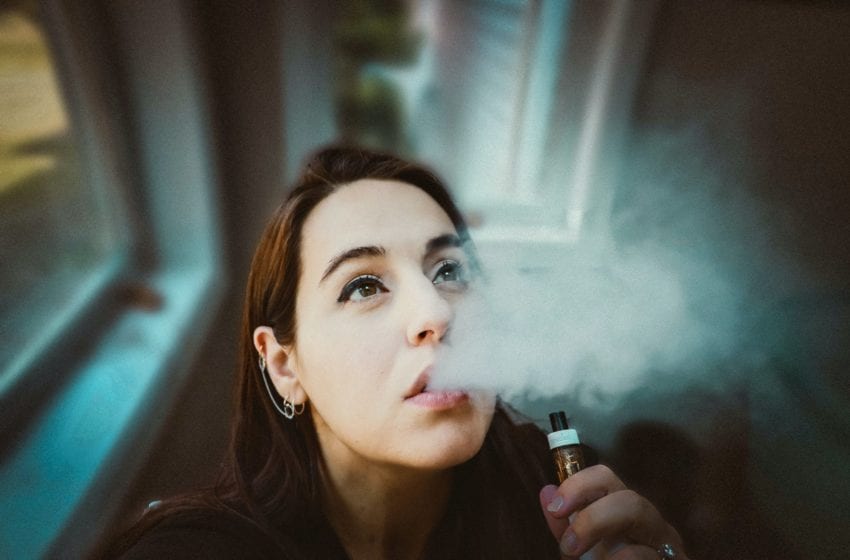Maybe no one specifically asked for it, but when the first e-cigarette hit the shelves of bodegas and corner stores in 2010, this innovative nicotine delivery tool started making waves in smoker groups in urban centres in the US and Asia. For the better part of the following decade, smokers began to open up to this new tech as a possible replacement or pathway to quitting smoking and continued to convert smokers across the globe.

That all abruptly changed in August of 2019, when an Illinois man succumbed in hospital to a mysterious lung disease caused by a vaping product — 2,807 more Americans are hospitalized for vape related illnesses following. At the same time, certain industry players drew public ire for using unscrupulous marketing tactics seen as targeting underage users.
Yet instead of covering these two parallel stories in a way that’s in the best interest of public health, it quickly turned into a media firestorm combining both instances into one, spurring a race for headlines often spreading misinformation. Even President Donald Trump rode the media wave saying he would take ‘very, very strong action’ in September of 2019, then backpedaled a few months later.
In the height of the media frenzy, the CDC swiftly mobilized and better understood the lung illness, later named ‘e-cigarette, or vaping product use lung injury’ or EVALI for short. The findings found that vitamin-E acetate, a thickener in THC vape products (which are illegal for sale in the US, by the way) was the culprit. The research led to the potential source of these products, weeding them out to ensure less people get exposed to these black-market products.
Yet the general public was only hearing a generalized perspective of: “vape is bad.”
While governments reactively regulated, credible vape companies already aligned to FDA and EU specifications continued to offer the millions of smokers around the world an alternative to smoking tobacco. Still, the media narrative abandoned the smoker looking for an alternative and focused only on the convoluted story of ‘vape is bad!’
This position though, was not shared globally. The UK and EU experienced steady adoption in the vape category, with more and more smokers transitioning over to what UK Public Health says is 95% safer than smoking. In countries like Germany with more fully-fledged regulatory policies, youth vaping hasn’t appeared to be a problem.
Experts have pointed out that EVALI cases are almost exclusive to the United States and haven’t made a blip on the radar globally. In the UK, there are approx. 3.6 million e-cigarette users with virtually no EVALI cases reported during the media coverage period in 2019.
The EU experience was somewhat similar to what we saw here at home during that period. “EVALI was largely the result of an unregulated illicit THC vape market in the United States which didn’t follow safe production standards” says Allan Rewak, Executive Director of VITA. “Canada’s nicotine vape market was on the final path toward federal regulation at the time, which prevented EVALI from occurring in any significant way north of the border.”
Brad Jemmett, a former long-time smoker and now General Manager for SnowPlus – an innovation based vape company – suggests that the core of what drove the negative media was a localized, US issue. “Globally, we don’t really see EVALI cases like there were in the US, because EVALI was linked to illicit marijuana vapes, and most specifically the addition of Vitamin E acetate as a thickening agent. Our products on the other hand, are developed and tested to the highest degree, and designed specifically for adult smokers looking to transition out of smoking. At SnowPlus, we never have and never will use Vitamin E acetate in any of our products. Through innovation, we’ve aimed to simulate the smoking ritual with vape technology, to provide a less harmful alternative compared to smoking cigarettes”.
Brad, like many of the former smokers out there that have successfully transitioned from smoking to vaping, hope that those who are looking for an alternative to smoking can see a clearer picture now that the dust has settled, and the fake click-bait news headlines about vaping have passed. It may be time for smokers who want to butt out of the habit to reopen the conversation about alternatives that have a track record of working.

